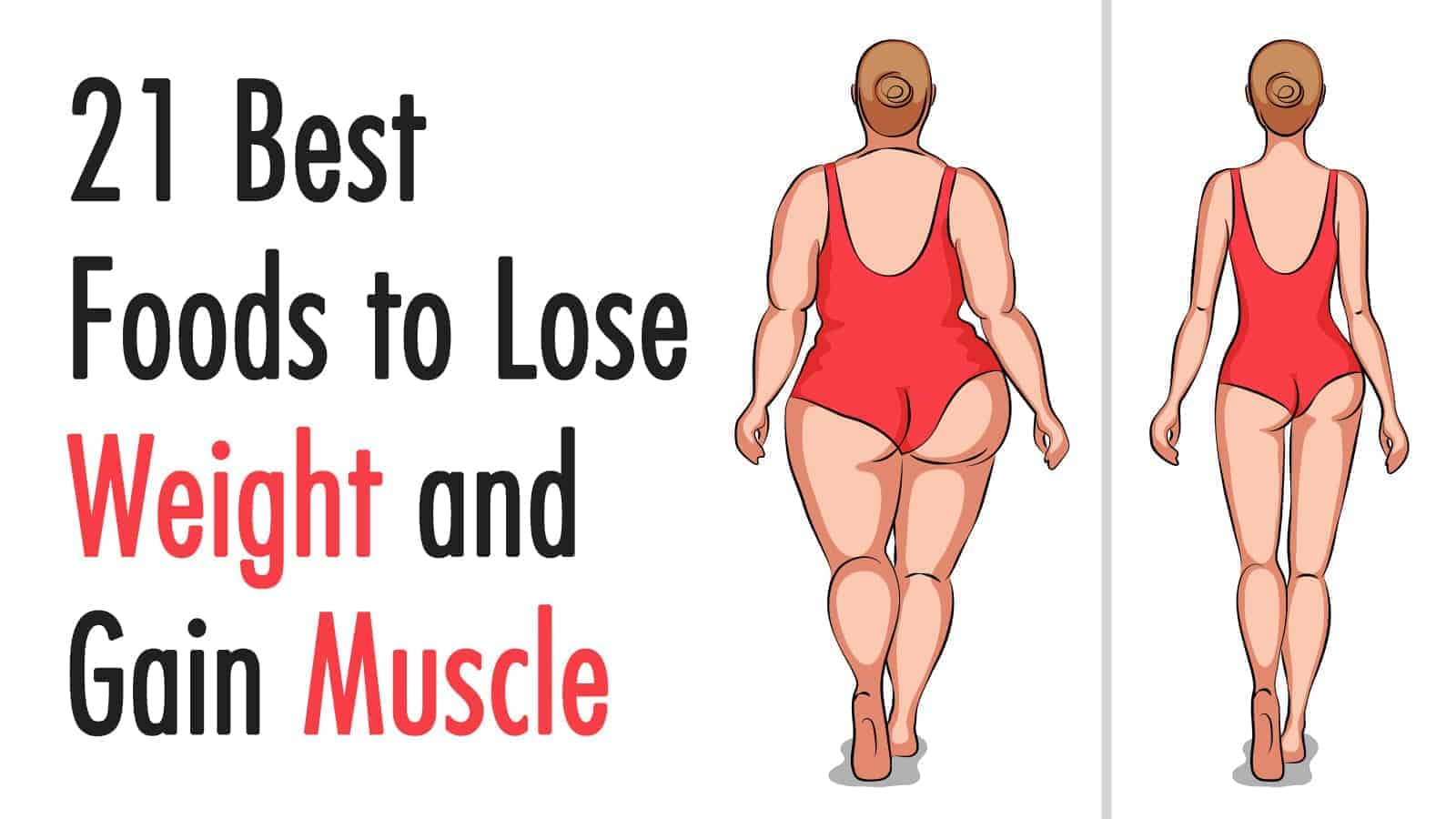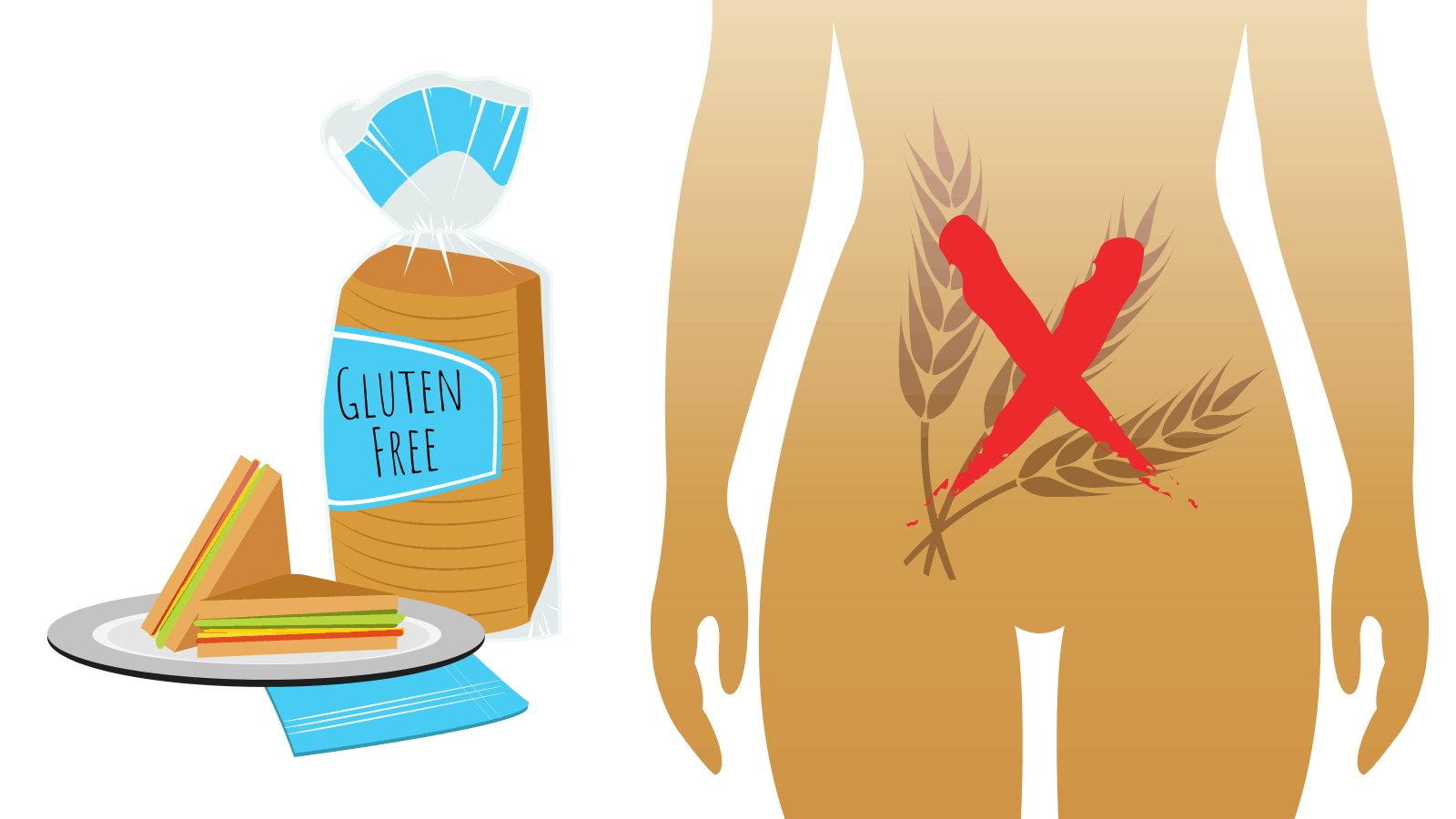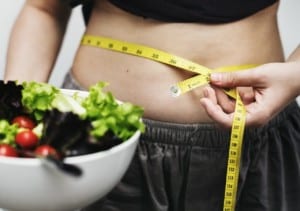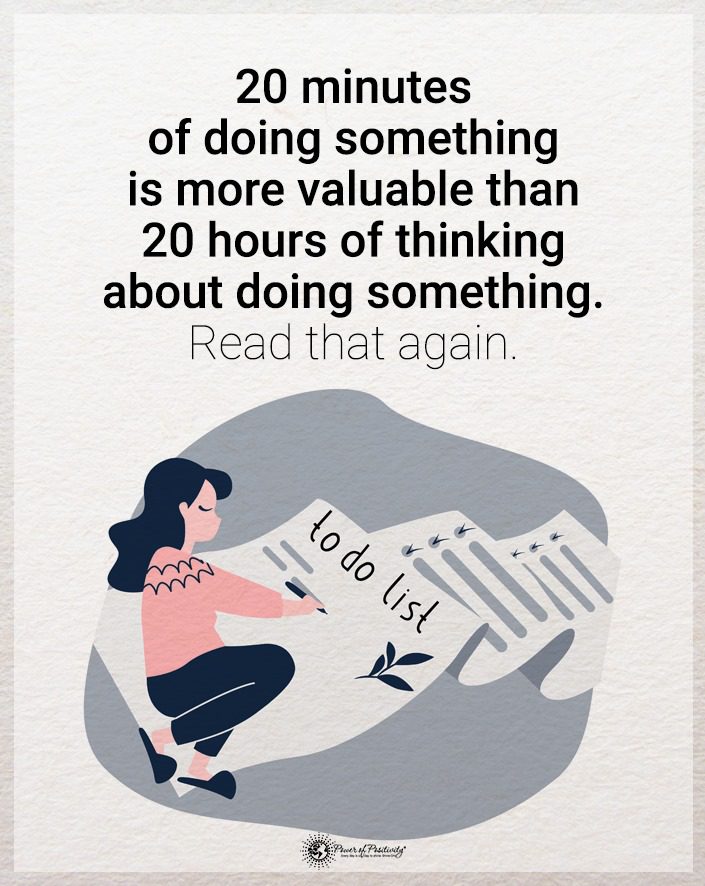Here’s a harsh truth: most people don’t know how to lose weight. These people are told that taking a shiny new supplement, kick-starting that (fad) diet, or drinking some ridiculous concoction is the answer. Never mind that there is no evidence that these weight loss products or programs work.
First of all, weight loss is a science, plain and simple. As with any science, you can’t go about weight loss haphazardly and expect a reliable outcome. Like every other science, a systematic and deliberate approach is required to lose weight.
Sometimes losing weight is as simple as paying attention to the little things. Little things like:
- Ignoring that candy car at the checkout
- Packing a lunch instead of eating out
- Taking the stairs instead of the elevator
- Laying off the alcohol
And so on. We know how to do these things – or instead, how not to do these things – but we’re often too entrenched in our ways to make the difficult choices.
Speaking of Science and Ways to Lose Weight

Regardless of what you may think, simple weight loss methods do exist. What is more, they are backed by science. Not only are these methods effective, but they are also cheap! They will also help you in a variety of ways. For instance, too much fat can be harmful to your brain.
We will talk about some simple and proven ways to lose weight! To wrap things up, we’ll give you a 3-step plan to shed those pounds.
Here are five ways to lose weight in five minutes (or less)!
“No one is perfect…absolutely no one. Like precious stones, we have a few flaws, but why focus on that? Focus on what you like about yourself, and that will bring you happiness and peace.” – Richard Simmons (source)
1. Drink a glass of water before each meal
In a 2010 study published in the journal Obesity, researchers found that drinking a half-liter of water before each meal increased weight loss by about 44 percent.(1) Drinking water boosts the metabolism, reduces appetite, cleanses toxins, and (ironically) helps shed water weight.
Besides assisting in one’s weight loss efforts, water:
- Lubricates the joints
- It helps transport oxygen through the body
- Promotes skin health
- Aids brain structure and function
- Regulates body temperature
- Maintains blood pressure
- Prevents kidney damage
2. Make some green tea
Green tea helps with weight loss because of its high concentration of antioxidants and nutrients. Physiologically, research suggests that two components in green tea – catechin and caffeine – speed up the metabolism. Catechin is thought to help break down excess fat, while caffeine increases the rate at which the body expends caloric energy.
Consider supplementing your diet and exercise with two and three cups of hot green tea daily (consuming hot water is better for calorie-burning). Additionally, choose plain (preferably organic) green tea for the best results.
While green tea can help you lose weight, that is far from its only value. Here are some other known benefits of green tea – widely considered the healthiest drink on the planet:
- Blocks the buildup of plaques known to contribute to Alzheimer’s
- Stabilizes blood sugar
- Lowers cholesterol and blood pressure
- Boosts working memory
- Suppresses appetite
3. Eat a small and healthy breakfast
Breakfast is one of the more underutilized and underappreciated components of an intelligent weight loss plan. A breakfast containing a good dose of protein can get that fat-burning metabolic oven heated up quickly!
Numerous studies show that adding protein to your diet is one of the healthiest and most effective ways to lose weight. Good protein helps to suppress appetite by promoting satiety (that feeling of fullness in your belly).
Physically, the body must use more energy to digest protein than carbohydrates. Adding some protein to your breakfast decreases the chance of reaching for those carbs later in the day. This is huge, as simple carbs, a.k.a. sugars and starches, are two big no-nos when trying to lose weight.
4. Do a 4-minute HIIT session
High-intensity interval training, or HIIT, is one of the most effective ways to lose weight quicker. One type of HIIT routine, the “Tabata workout,” has proven to be particularly useful. How efficient? Well, one fitness study found that one, four-minute Tabata workout is equivalent to 20 minutes of conventional cardio exercise. Besides torching in-session calories, the Tabata routine also doubles metabolism for a full thirty minutes post-workout!
While these four minutes will help you lose weight, they may also be the most physically excruciating four minutes of your life. In keeping with the “simple, but not easy” thing, this Tabata routine consists of just one movement: 20 seconds of bodyweight squat jumps, followed by ten seconds of rest for four minutes.
Once you get bored with the above routine (and you will), you can implement many other simple bodyweight exercises into your Tabata workout. Here are a few beginner movements:
1. Squats
Stand up straight; hips shoulder-width apart. Drop your hips back, keeping your feet flat on the ground. Once you go down as far as you can, return to the starting position by driving your torso upwards, and shifting your weight onto the heels.
2. Crunches
Lie flat on a mat or other soft surface. Bend your knees to a 90-degree angle with your feet. Using both hands, support the back of your head. Lift your head upwards, bringing your chin as close to your torso as possible.
3. High Knees
Start with your feet hip-width apart. Keeping your neck upright and shoulders back, run in place by lifting your knees as high as possible.
4. Lunges
Begin by standing with feet at shoulder-width. Keeping your arms and back straight and in line, step forward with your left leg, bending both knees and dropping the hips. Once the rear knee comes close to touching the floor, drive back through your front heel and return to the starting position. Switch and repeat.
5. Eat a piece of fruit
Fruit is fantastic for weight loss – mainly when used as a substitute for the sugary stuff. (Pay no mind to low-carb diets that preach abstaining from fruit.)
In a 12,000-person study undertaken by researchers at the Economic Research Service at the Department of Agriculture, scientists discovered that normal-weight individuals consume “significantly more fruit” than the overweight or obese. In a meta-study, scientists concluded that people on “high-fiber diets, which including multiple servings of fruit” registered a far greater amount of weight loss than other dieters.
Some of the best fruits for weight loss include: avocado, apples, bananas, blueberries, cranberries, grapefruit, pears, and watermelon.
A 3-step approach to weight loss
Aside from implementing the above recommendations, here is a 3-step approach to weight loss that has been backed by science:
1. Reduce or eliminate starches and sugars
Starches and sugars are the single biggest reason for weight gain. Besides causing a prolonged spiking of blood sugar levels, sugars and starches promote hunger, as the nutritional value of most food in this category are devoid of any nutritional value.
Reducing or eliminating starches will increase feelings of satiety and supercharge your weight loss efforts. Additionally, cutting back or eliminating sugars and starches helps eliminate water weight and excess sodium in the body.
2. Focus on fat and protein to lose weight
We mentioned this briefly, but it is worth repeating: protein is a weight loss aspirant’s BFF. Besides the benefits mentioned, diets high in protein may reduce unhealthy cravings by upwards of 60 percent. Research shows that including a protein and fat source in every meal can reduce daily calorie intake by up to one-third.
Good protein sources include beef, chicken, eggs, lamb, and fish. Good vegan food choices include nuts and seeds, tofu, and quinoa. Fat is best acquired in butter, fish, avocado, coconut, and olive oil.
Creating meals with a good fat and protein source will limit unhealthy carbs, thereby supercharging your weight loss.
3. Strength train two to three times per week
We’re going to blow some minds on this one, but: proper weight training is nearly as effective at burning fat as cardio. In fact, it may well be even more effective. Why? Well, even though a sweaty cardio session may burn more calories than a weight-training workout, the fat-busting effects of weight-training last much longer.
Besides building muscle and sculpting a better physique, strength training helps you avoid an infamous bugaboo of dieting: muscle loss. Also, lifting weights is particularly crucial for this 3-step approach to weight loss, as you’ll be increasing your protein intake and decreasing your carbs. In other words, this plan gives you an excellent opportunity to add muscle (while melting away the fat!)
Better yet, do a 4-minute HIIT session followed by weight training. Now we’re talkin’!

Final Thoughts on Ways to Lose Weight
When you think about it, weight loss doesn’t necessarily have to be torture or extremely time-consuming. First of all, drink that glass of water before eating your meals. Next, substitute those energy drinks or strong cups of coffee with some hot green tea.
Make sure your small breakfast includes protein and not a lot of starch. Try adding a short HIIT session to your day. Finally, eat fruit.












